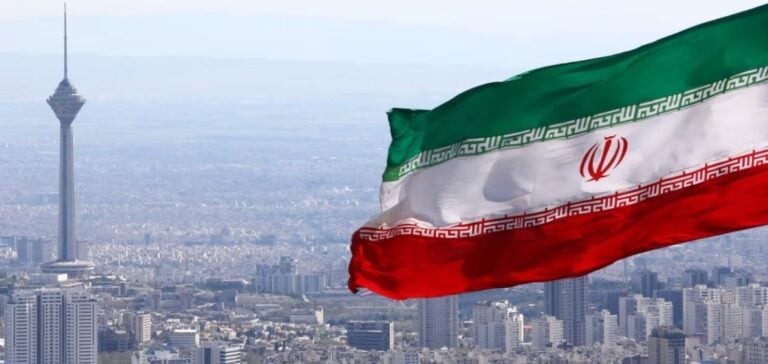Tensions between Iran and Western powers are escalating, as France, Germany, and the United Kingdom urged Tehran to put an end to its nuclear escalation. The foreign ministries of the three countries issued a statement condemning Iran’s recent steps to significantly boost the pace of enriched uranium production.
According to a confidential report from the International Atomic Energy Agency (IAEA), Iran has recently activated new centrifuges at the Fordo site. These machines are expected to increase the production rate of uranium enriched to 60%, a monthly amount seven times greater than previously recorded. European representatives emphasized that such enrichment, lacking a credible civilian justification, heightens concerns over potential military use.
Dialogue Under Strain
Despite rising tensions, the three European countries, known as the “E3” group, reiterated their commitment to constructive dialogue with Iran. A meeting between Iranian and European representatives was held on November 29 in Geneva, aiming to review conditions for limiting Iran’s nuclear program and easing international sanctions.
Iran’s nuclear program has been at the center of international concerns since the United States withdrew from the Vienna Agreement (JCPOA) in 2018 under President Donald Trump. This withdrawal, coupled with renewed U.S. sanctions, led Tehran to increase its enriched uranium reserves and surpass thresholds deemed critical by the IAEA.
Toward Renewed Negotiations?
The JCPOA, signed in 2015 between Iran and several major powers, sought to limit Iranian nuclear enrichment in exchange for sanction relief. However, the agreement has been gradually eroded by Iran’s expanded nuclear activities and the absence of guarantees from Western signatories.
Iran’s recent actions, including expanded enrichment capabilities and the installation of new infrastructure, have heightened European fears. They aim to restart negotiations to prevent escalating tensions in an already volatile region.
France, Germany, and the United Kingdom emphasized the importance of returning to the 2015 agreement commitments while condemning the risks posed by enrichment levels nearing 90%, the threshold necessary for military use.






















